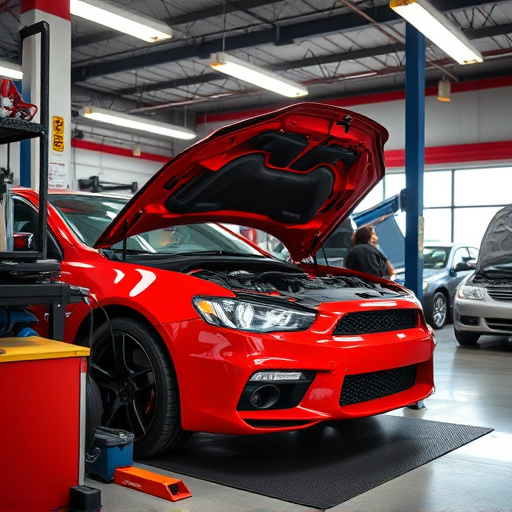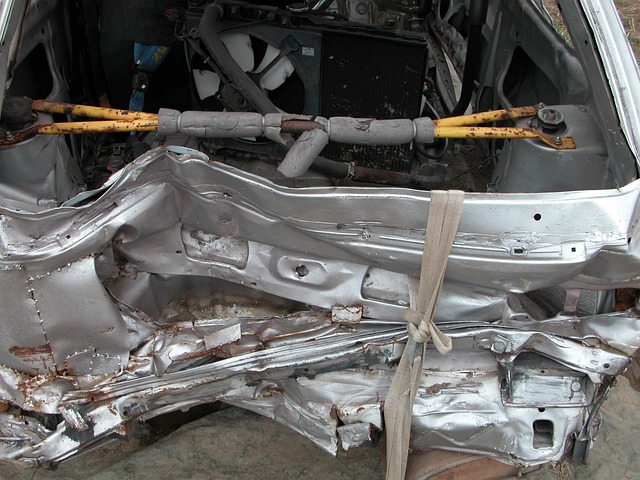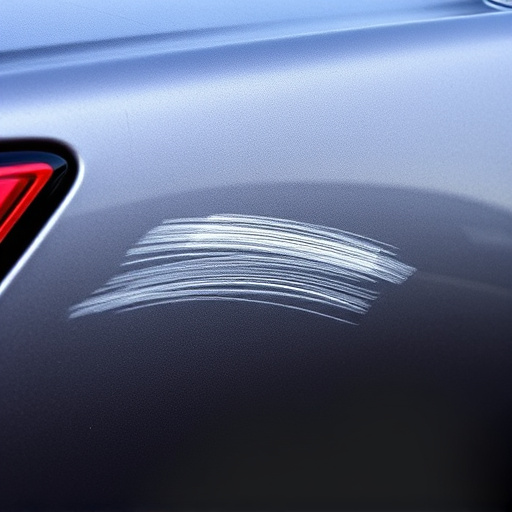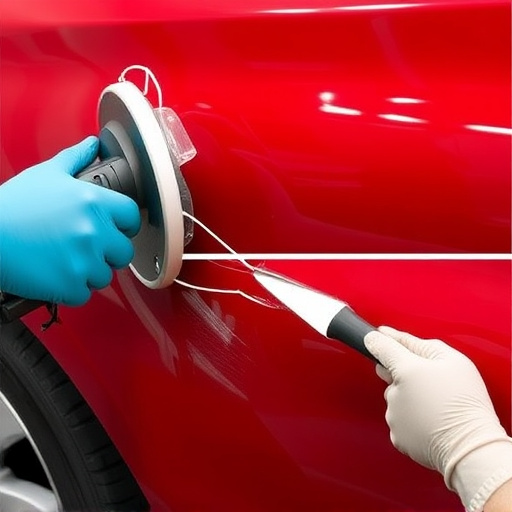Understanding deductibles is key to managing insurance costs. Flexible payment options allow policyholders to budget for unexpected repairs, easing financial burdens during claims processes. Keeping records of repair estimates assists in streamlined claims and ensures individuals receive full policy benefits.
In the intricate world of insurance, policyholders often find themselves navigating unexpected deductibles, leaving them with unforeseen financial burdens. This article aims to demystify the process and shed light on common pitfalls. We’ll explore ‘Understanding Deductible Payments: The Basics’ to decipher how these costs work. Subsequently, we delve into scenarios where policyholders face unanticipated expenses and examine ‘Flexible Payment Options for Deductibles’, empowering individuals to make informed decisions and mitigate financial shocks.
- Understanding Deductible Payments: The Basics
- When Policyholders Face Unexpected Costs
- Exploring Flexible Payment Options for Deductibles
Understanding Deductible Payments: The Basics
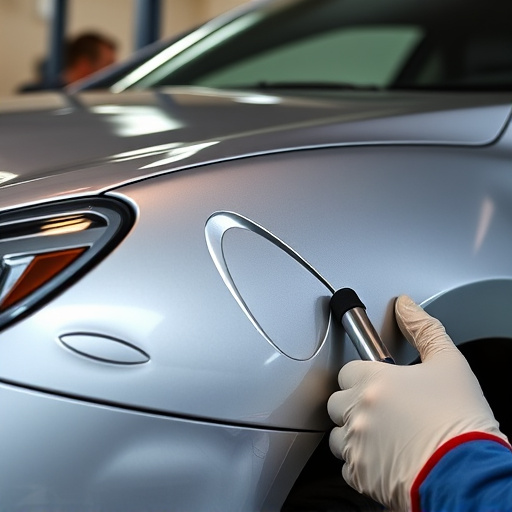
Understanding Deductible Payments: The Basics
Deductible payments are a fundamental aspect of insurance policies, especially when it comes to unexpected incidents like accidents or damage to property. When a policyholder files a claim, they are required to pay an agreed-upon amount, known as the deductible, out of pocket before the insurance company covers the rest. This self-imposed financial responsibility serves as a buffer between the policyholder and the potential cost of repairs or replacements. The key to navigating deductibles lies in understanding various deductible payment options available to policyholders.
For instance, when it comes to vehicle body repair, many policies offer different deductible levels, allowing drivers to choose between a higher deductible with potentially lower premiums or a lower deductible with slightly higher monthly payments. This flexibility is particularly beneficial for those who own high-value items like a Mercedes Benz collision repair, where the cost of repairs can be substantial. Additionally, certain policies may include specific coverage for auto glass replacement without affecting the overall deductible, providing peace of mind in case of unexpected cracks or breaks.
When Policyholders Face Unexpected Costs

When policyholders face unexpected costs, it often stems from unforeseen events like accidents or natural disasters. In such scenarios, they may be confronted with significant deductibles, which can be a financial burden. These deductibles represent the out-of-pocket expense that policyholders must pay before their insurance covers the rest of the repair or replacement costs. For instance, if a policyholder is involved in a car accident, they might need to visit a collision repair center and cover the associated fees themselves before their insurance kicks in.
Understanding deductible payment options can help policyholders manage these unexpected expenses. Many insurers offer various plans that cater to different needs, including those with limited budgets. By exploring these options, policyholders can ensure they are prepared for potential costs without being caught off guard. Additionally, keeping records of all repair estimates and receipts related to covered events is essential, as it facilitates smoother claims processes and ensures policyholders receive the full benefits of their insurance policies, especially when dealing with intricate tasks like automotive body work or even complex automotive restoration projects.
Exploring Flexible Payment Options for Deductibles

Many policyholders find themselves caught off guard by unexpected deductibles, often leaving them with substantial out-of-pocket expenses during the claims process. To alleviate this financial burden, exploring flexible deductible payment options can be a game-changer. Insurance providers increasingly offer various solutions to help policyholders manage these costs more effectively.
One popular option is spreading out the deductible payments over time, which can ease the financial strain immediately following an incident. This flexibility allows individuals to budget for the unexpected, whether it’s for repairs like car dent removal or specialized services such as classic car restoration and bodywork fixes. Such alternatives ensure policyholders aren’t left with a large lump-sum payment all at once, making the claims process less daunting.
Policyholders should be proactive in understanding their deductible payment options to avoid unexpected financial burdens. By being informed about these choices, individuals can better navigate unforeseen costs and make informed decisions that align with their financial capabilities. Embracing flexible payment plans for deductibles empowers policyholders to maintain peace of mind, ensuring they’re prepared for the unexpected without incurring excessive stress or strain on their budgets.








